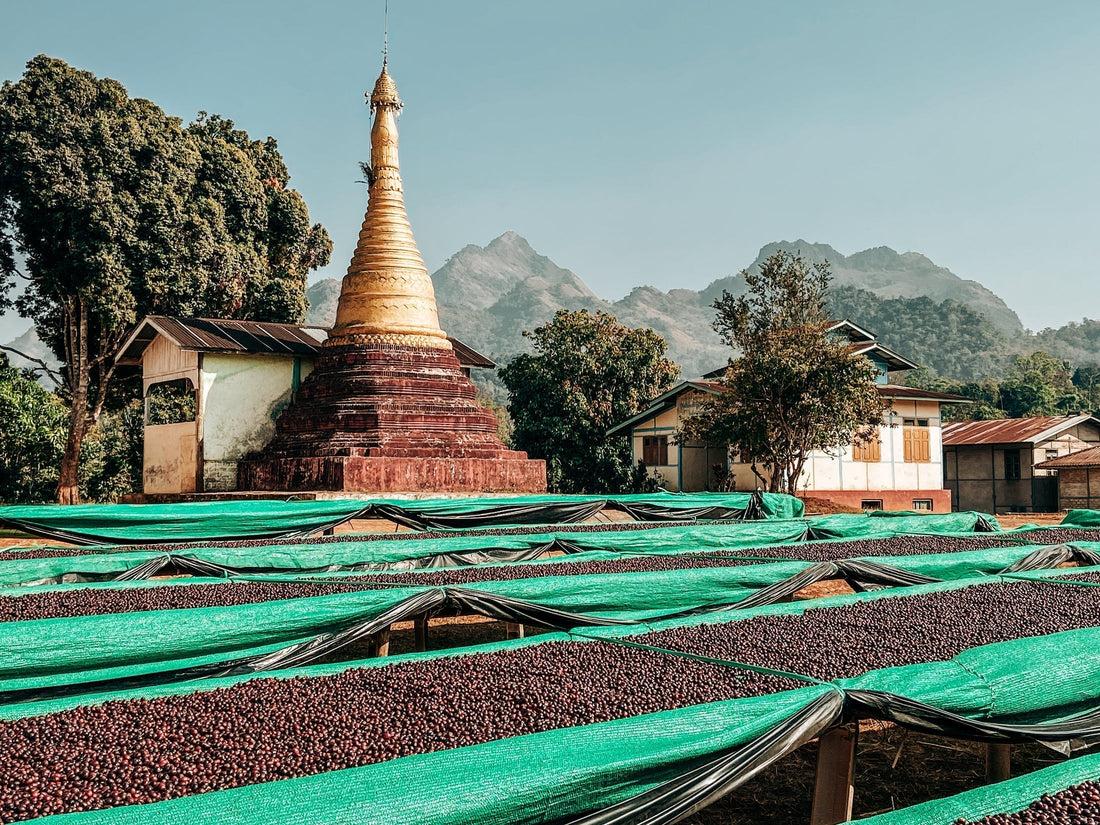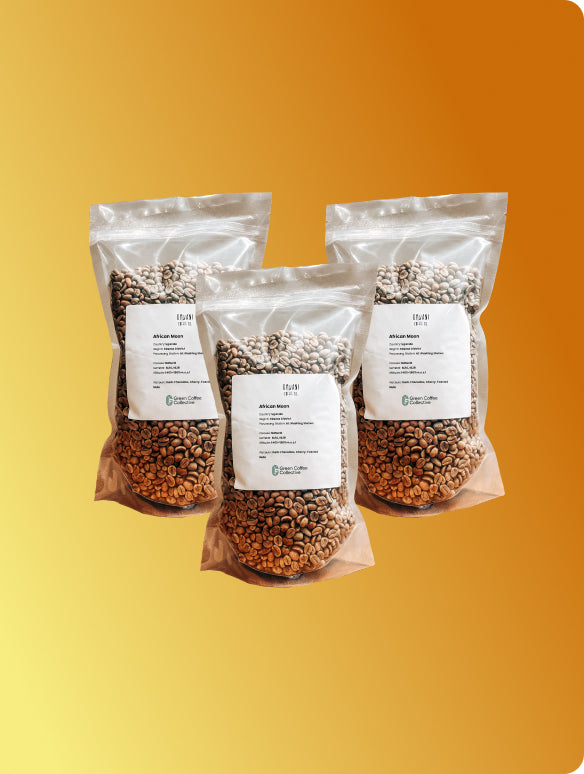Myanmar is beginning to make its mark in the specialty coffee world. Coffees from Shan State have reached international buyers, showing both quality and potential. But this story is fragile. The country’s farmers have long depended on unstable, often illegal crops like opium, while living with political instability and poverty. In this context, coffee has been promoted as an alternative - not just as a crop, but as a pathway to greater stability.
The wider context
Myanmar’s modern history has been dominated by military rule. Power has remained concentrated in the hands of the Bamar majority, while ethnic minorities such as the Shan and Rohingya have faced systematic disadvantage. These divisions, rooted in colonial rule, deepened after the junta seized power in 1962, stripping away the autonomy of minority groups.
The violence of 2017 - when over 700,000 Rohingya Muslims were driven from their homes in a brutal campaign of killings, sexual violence, and village burnings - exposed these tensions to the world. A brief period of civilian government after 2015 ended with the coup of February 2021, which restored military rule and re-ignited conflict.
Today, one-third of Myanmar’s population lives below the poverty line. Rural communities, particularly ethnic minorities, are especially vulnerable. For many, agriculture is the only source of income - and in Shan State, that has often meant cultivating opium.
Why opium dominates
Shan State produces almost 90% of Myanmar’s opium. The steep, high-altitude hillsides suit poppies just as well as coffee. For smallholders, opium offers distinct advantages: low input costs, as seeds can be reused and little fertiliser is required; large yields from small, hard-to-reach plots; and quick maturation, ensuring fast returns. Farmers often intercrop poppies with subsistence food crops, creating a buffer against hunger.
Opium has been less a choice than a necessity. In areas of poverty and conflict, it has been the crop that guarantees survival.
Two approaches to change
Efforts to reduce reliance on opium have taken two main paths.
The UN Office of Drugs and Crime (UNODC) has prioritised eradication. Its approach is focused on law enforcement and crop substitution, pushing farmers into coffee or other alternatives without necessarily addressing the deeper economic realities that sustain opium cultivation.
The USAID/Winrock Foundation’s Value Chains for Rural Development programme has instead focused on economic development. Its aim is not simply to replace opium, but to strengthen livelihoods by giving farmers access to higher-value crops, including specialty coffee and sesame. The programme has supported smallholders - including women and ethnic minorities - with training, grants, and links to CQI and other partners for technical assistance.
As Shirani from Indochina Coffee explains: “The programme is very much about offering the training and skills to produce specialty coffee with stable income, as opposed to relying on fragile economies. It’s not simply a case of ‘we used to grow opium, now we grow coffee.’ The aim is to build a resilient and sustainable future for these communities.
Fragile progress
The promise of these projects has been undermined by recent events. COVID-19 disrupted training and logistics. The civil war following the 2021 coup further destabilised the country, with the military controlling the currency and interfering in cherry pricing.
“Before the coup and Covid, you could have said the programme was leading to good changes,” Shirani says. “But now it’s caught in the middle of so many other issues. The country is in such disarray - making it all very vulnerable.”
Resilience on the ground
Despite this, producers have shown remarkable resilience. Farmers continue to grow and export specialty coffee, holding onto the relationships that have been built with international partners. “Our partners are still producing coffee, and the relationships we’ve built remain crucial,” Shirani adds. “These communities don’t get much press in Western media, but they continue to push forward. The best thing we can do is continue to support them.”
Looking forward
Specialty coffee cannot resolve Myanmar’s deep political crises. But it does offer an alternative to the instability of illegal crops, and a chance for farming families to build more stable livelihoods. Each lot of coffee exported represents not just a product, but resilience: the decision to keep planting, processing, and connecting with buyers even under the hardest conditions.
By continuing to invest in these relationships, the specialty sector can help Myanmar’s farmers sustain fragile but meaningful progress towards a different future.

